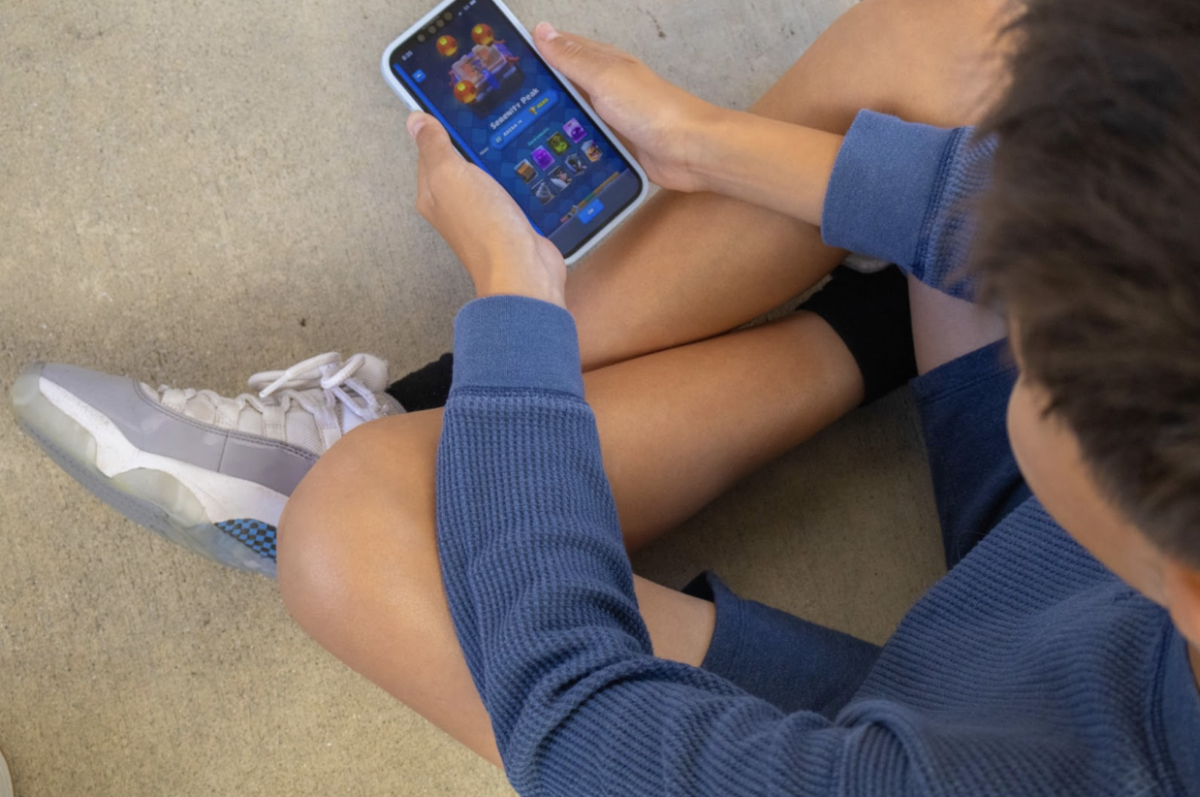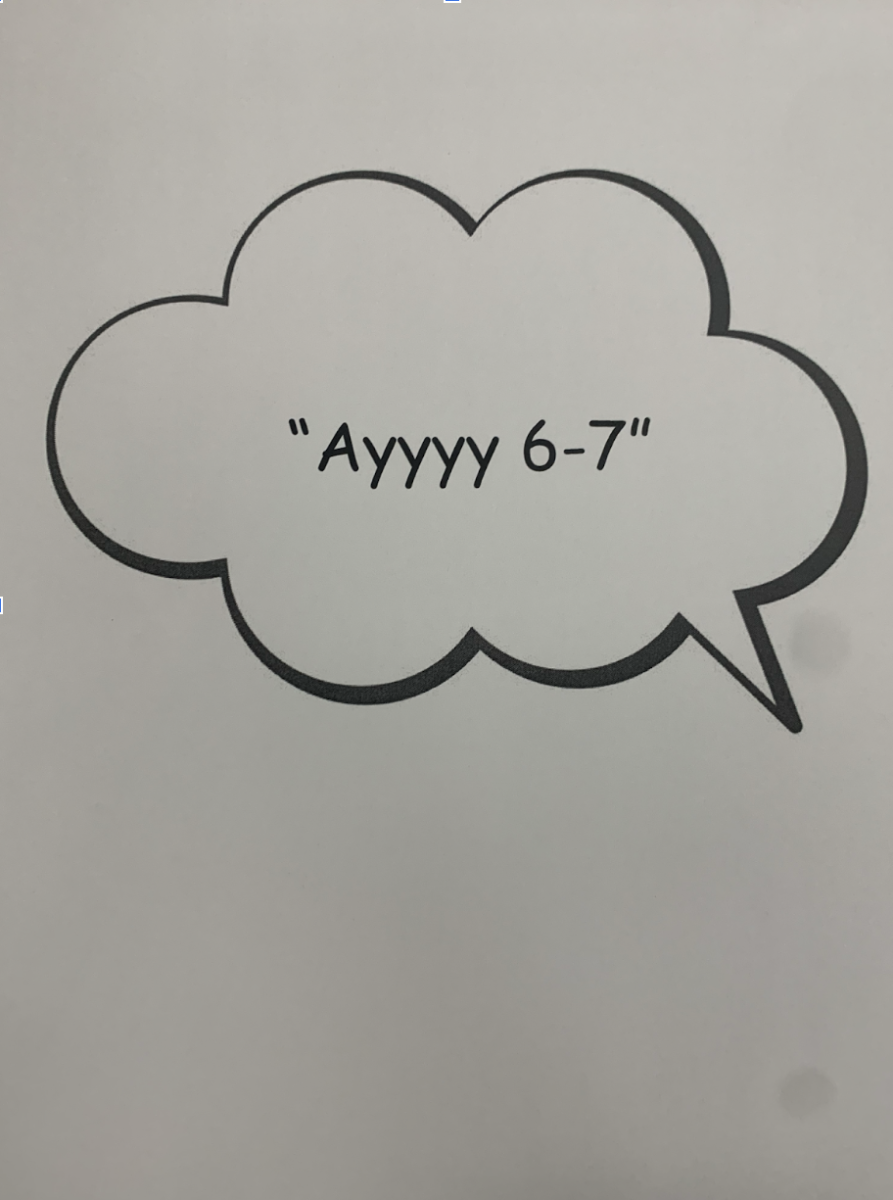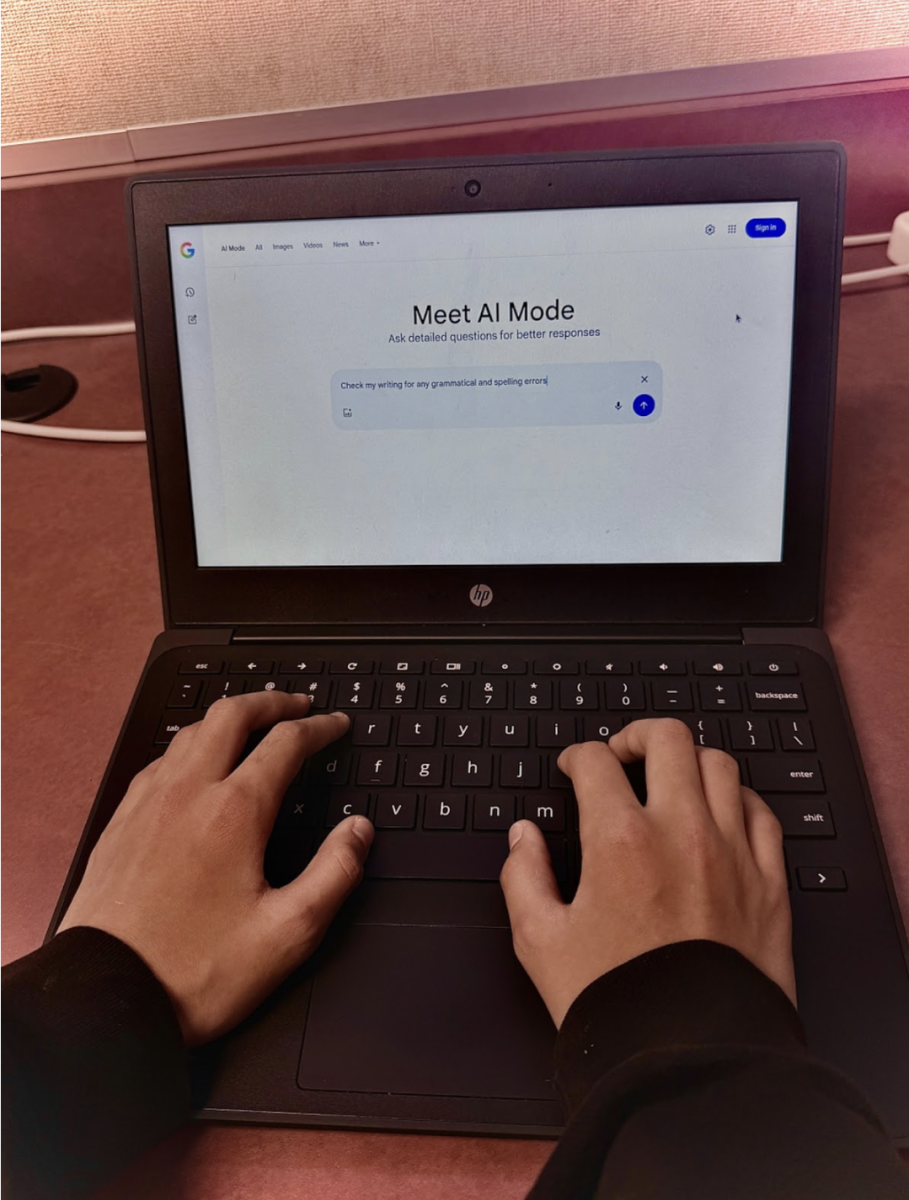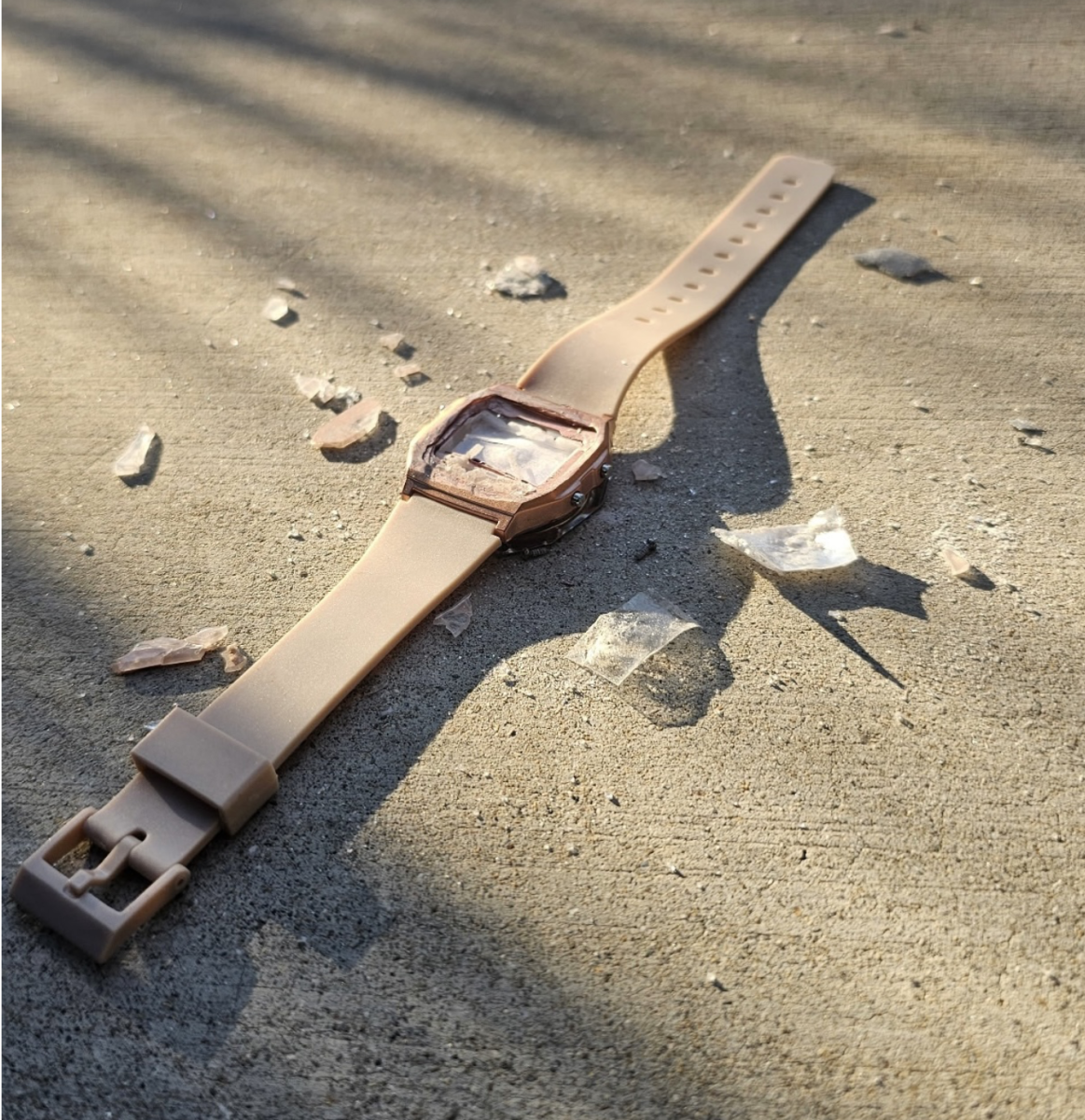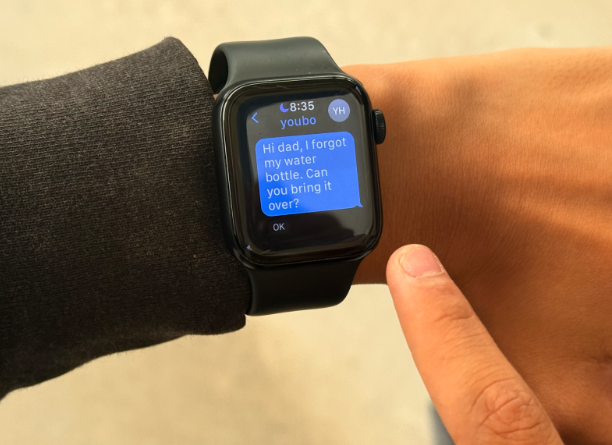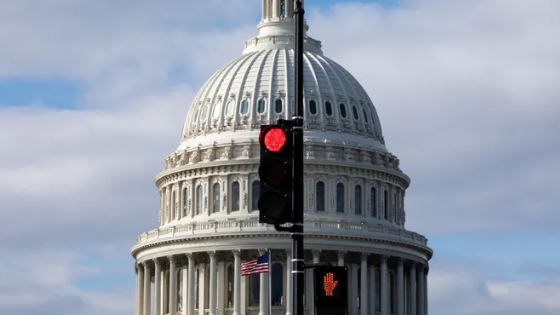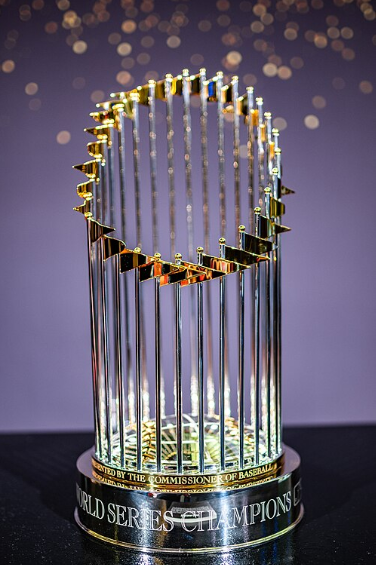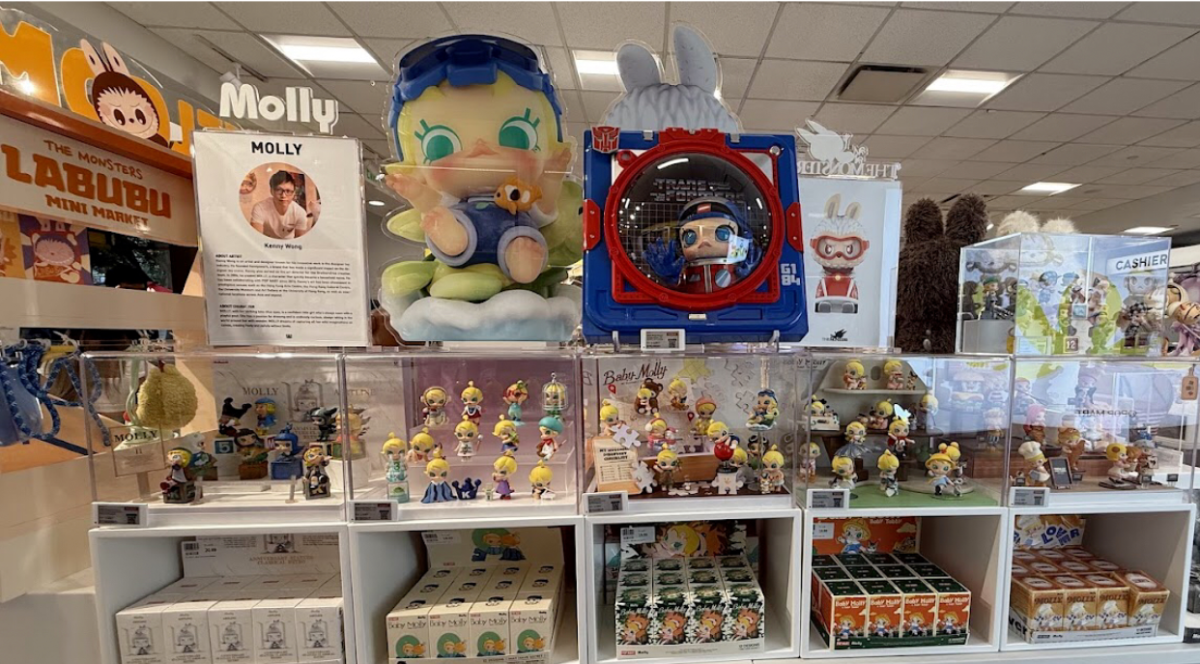You head down to Krak Boba to get yourself that extra large King Brulee you’ve been desperately craving. But when it’s time to pay, the gratuity option pops up on the screen and stares you down. Will you choose to add 10%, 15%, 20% or more to that cup of milk tea? Or will you press the ‘none’ button and feel like a complete loser? It feels like tipping has just become mandatory, not just encouraged.
In the U.S, it is customary (and polite!) to give tips for awesome service. But how much should you tip? Some people go as far as adding as much as 30% to their bill, even when the service is god-awful. And workers ask for tips everywhere. This gimme button shows up at boba shops, clothing outlets, beauty stores, and even escape rooms.
“When you go to the grocery store or anywhere you’re checking out, they’re asking for gratuities. It’s gone to the point where people [always] ask, ‘Where are my tips?’“ said Mrs. Saed.
One of the most common asks comes with an online food order. Yet, all a worker is doing is bringing the food up to a car door, or walking two feet to place plastic clamshells on the counter for pick up. Asking for a tip for such limited service seems like giving them free money, yet some people feel guilty when they don’t.
“They’re asking for tips on things that are not service-oriented,” said 7th grade teacher Mrs. Dye. “You’re asking to tip at places that are literally just handing us something that’s already prepared, versus custom-making things.”
Some workers are so desperate for tips that they’ll threaten the customer’s food. One Door Dash worker put a note in a customer’s bag saying “You’re lucky I didn’t bother the food. Next time, consider tipping your driver,” without realizing that the customer was going to tip her with cash. After the customer handed the driver a cash tip, the driver quickly realized her mistake, apologized and refused to take the polite tip.
“Unless [they] put the time and effort [in] to deserve the tip, I doubt anyone’s going to tip [them],” said Aditya G.
Even our local U-Grill Korean BBQ restaurant, where you grill your food, asks for tips. For what? You do all the cooking! They shouldn’t expect a tip when the customer is also the chef. Perhaps they should tip you.
In CNBC’s recent article about tipping, Dan Egan, the vice president of behavioral finance and investing at Betterment said, “There used to be a general understanding of what different tip amounts convey to servers and workers. It used to be [that] a 10% tip meant, ‘Hey, it wasn’t horrible, but it wasn’t great either,’ 15% was normal and 20% meant the person did an excellent job.”
Tipping rates doubled in the ‘90s. What used to earn a 10% tip now gets 20%. An average service deserves one-fifth of the customer’s bill? What if the bill came to $100? $20 for a mediocre or maybe even poor job?
“A tip is [thanks for] work that they’ve done. If some [workers] actually give the time and care, then they deserve a tip,” said Abdul A.


